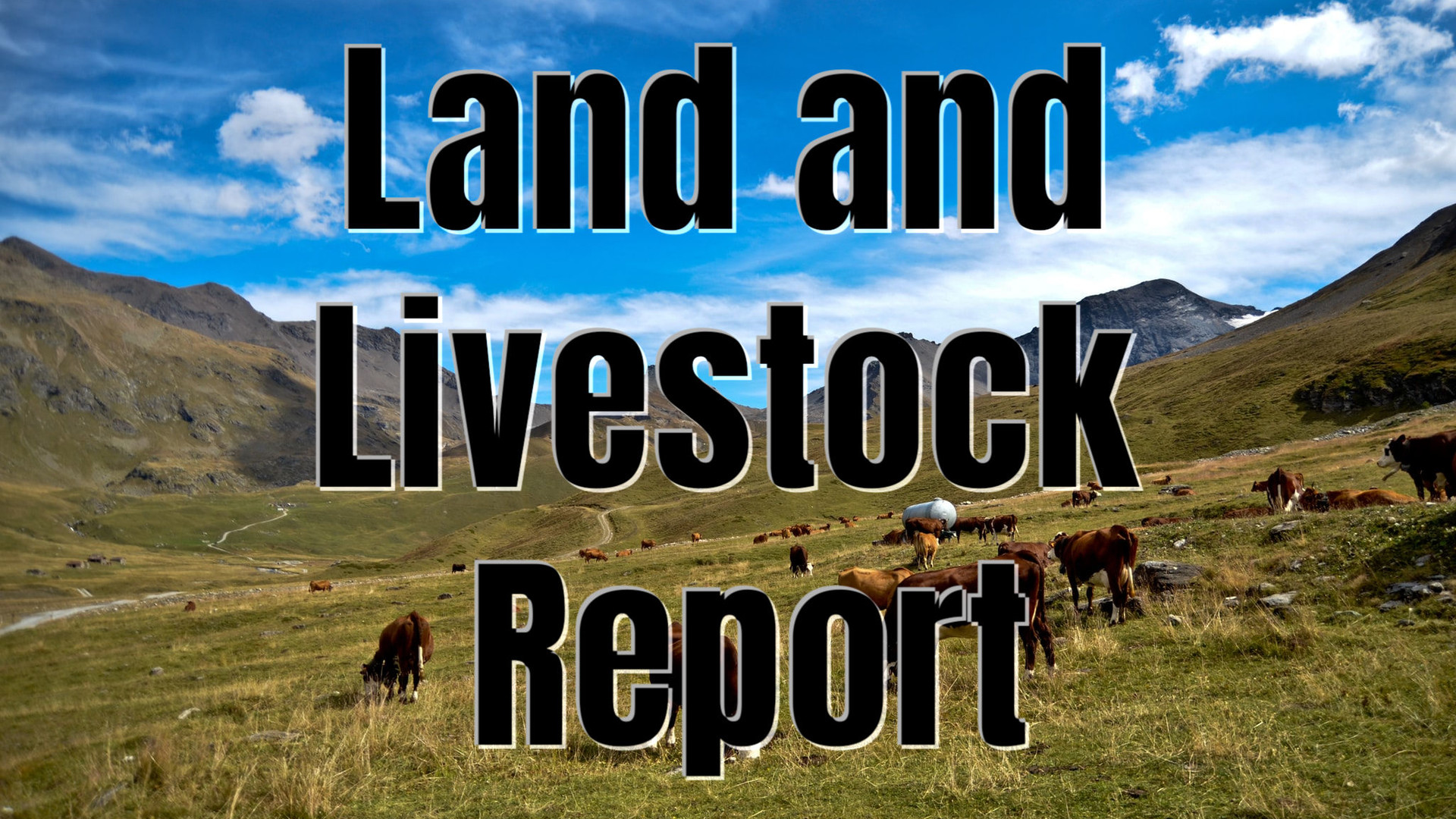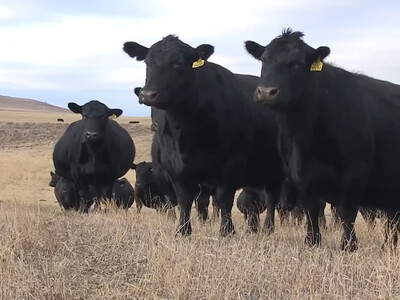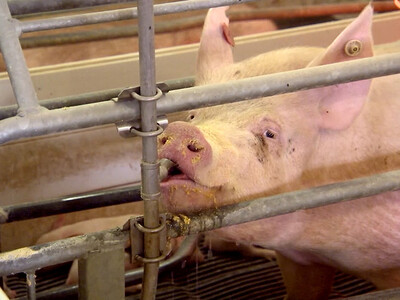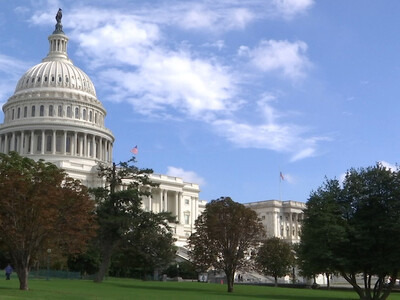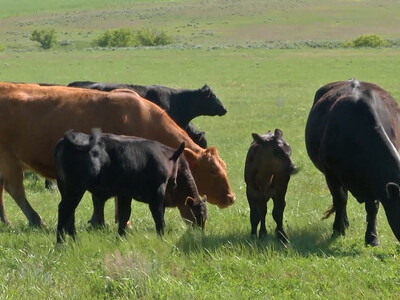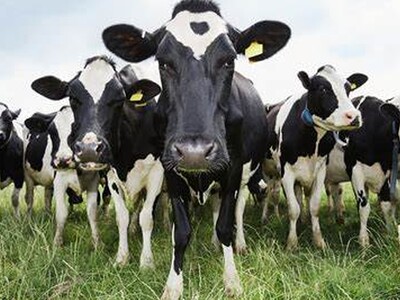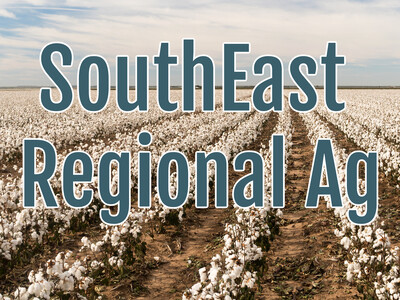Grizzly Bear Recovery Efforts Back in Motion in the Northwest
An effort to return grizzly bears to North Cascades National Park is back in motion after officials announced public comment will be reopened.On Thursday, July 25, 2019, the National Park Service and U.S. Fish and Wildlife Service announced that a 90-day extension of the comment period on the draft grizzly bear recovery plan and environmental impact statement will be open until Oct. 24.
The National Cattlemen's Beef Association is opposed to the reintroduction of grizzly bears to the Northern Cascades ecosystem.
"This industry remains fervently opposed to the introduction of yet another federally-protected apex predator in the Northern Cascades," Ethan Lane Senior Executive Director of the NCBA Federal Lands and Executive Director of the Public Lands Council, said in a statement.
"Rural communities and ranching families throughout the region are already overwhelmed by exploding populations of gray wolves – it would be entirely inappropriate for the federal government to further exasperate these struggles by adding more grizzly bears to the region. We will continue oppose this action during the extended comment period and will be encouraging our members, and all those who are locally impacted by this decision, to voice their opposition as well," Lane said.
Biologists estimate that fewer than 10 grizzly bears remain in the North Cascades, the most at-risk bear population in North America. The last verified grizzly sighting in Washington's Cascades was in 2011.
Supporters of reintroduction of the bears claim it would restore a key predator to its home, where it has not roamed since the turn of the 19th century, and bring a healthier ecological balance to the area.
"We are pleased to see recovery efforts for grizzly bears in the North Cascades get back on track," said Robb Krehbiel, Northwest representative for Defenders of Wildlife, a national conservation nonprofit.
"The science is clear on the ecological benefits of grizzly bears," Krehbiel said. "Defenders of Wildlife has been proactively working with partners in the region to prevent human-bear conflicts. We know that Washington communities can thrive alongside these bruins. It's time to bring back the bears."
Source: Drovers


